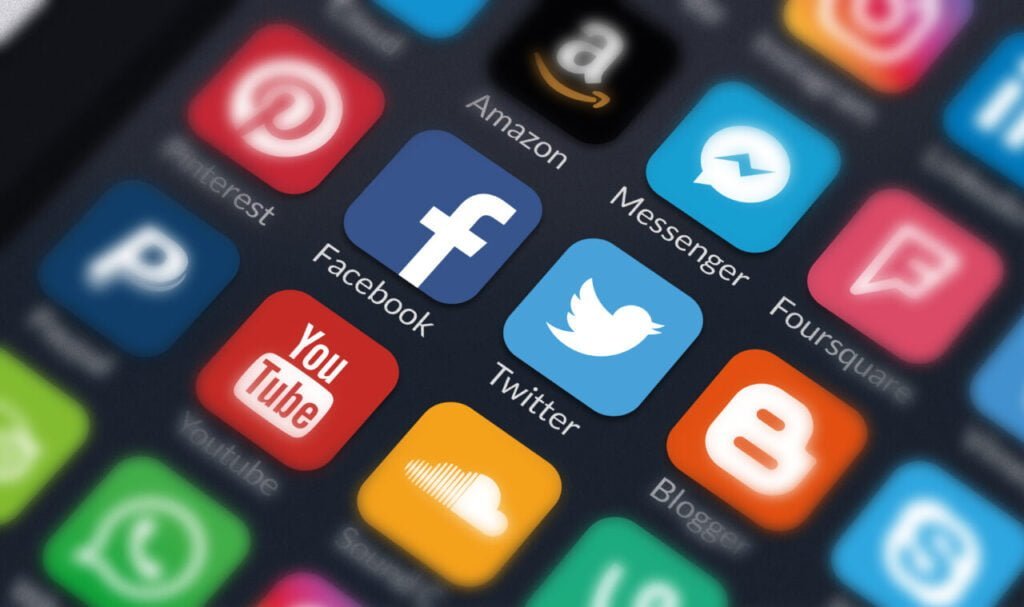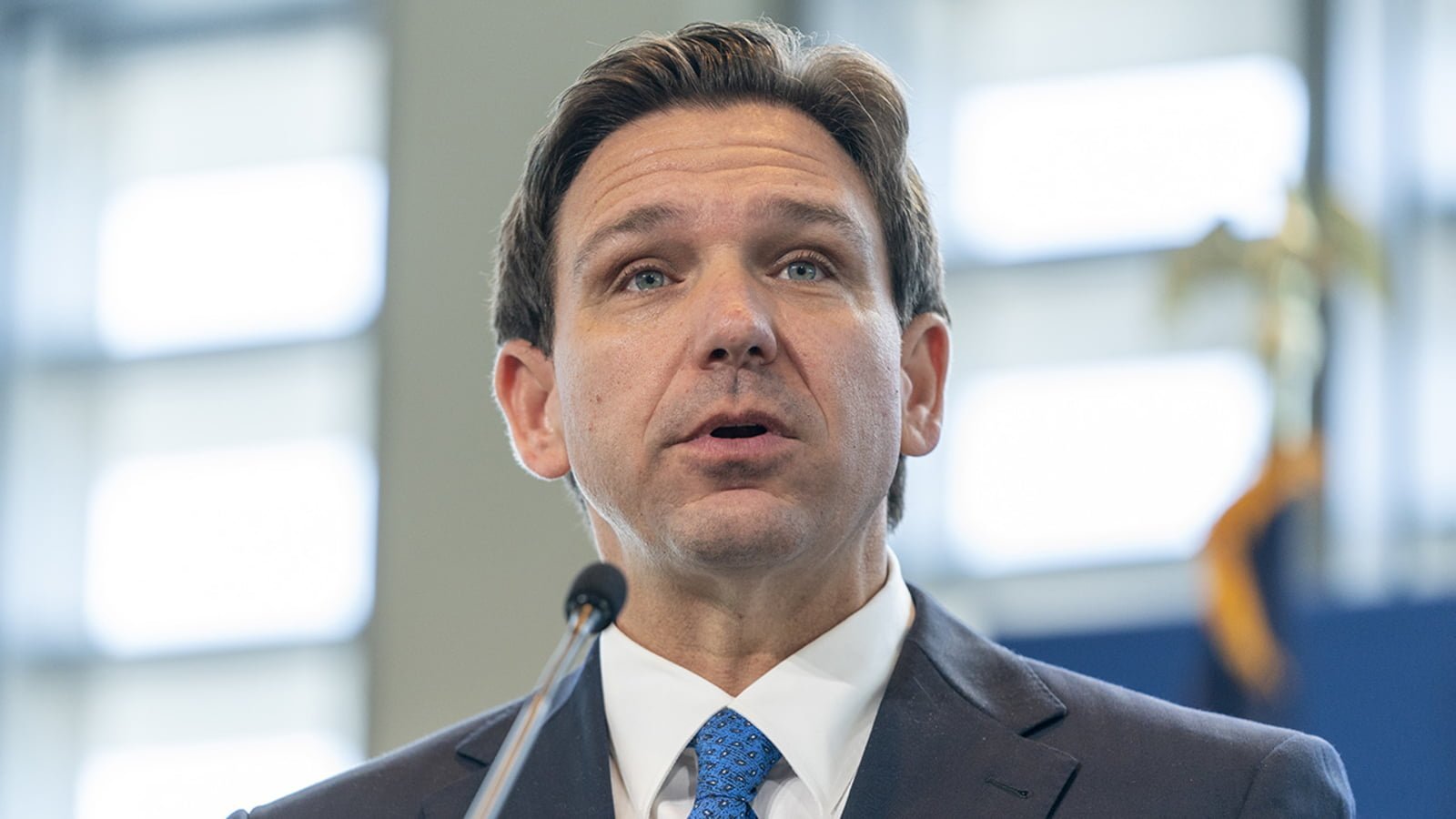Ron DeSantis Signs Florida Social Media Ban For Children Into Law – Ron DeSantis, the Governor of Florida, has approved legislation establishing one of the strictest social media prohibitions for minors in the United States, though it is anticipated to face legal opposition. The law, signed on Monday, prohibits social media access for children under 14 and mandates parental consent for those aged 14 and 15.
This measure represents a softened version of an earlier proposal vetoed by DeSantis in March, just a week before the conclusion of the annual legislative session. The legislation, spearheaded by Republican State House Speaker Paul Renner, stands as the foremost legislative agenda item. It is slated to come into effect on January 1st.
“A child in their brain development doesn’t have the ability to know that they’re being sucked into these addictive technologies and to see the harm and step away from it, and because of that we have to step in for them,” Renner said at a ceremony for the bill signing held at a Jacksonville school. The legislation vetoed by DeSantis aimed to prohibit minors under 16 from accessing popular social media platforms, regardless of parental consent.

People Also Read: Texas Bans TikTok On Government Devices Amid China Data-Sharing Fears
However, prior to the veto, DeSantis collaborated with Renner to negotiate compromise language addressing the governor’s concerns. Subsequently, the legislature presented DeSantis with a revised bill. Similar legislation has been contemplated in several states. In Arkansas, a federal judge halted the enforcement of a law in August that mandated parental consent for minors to establish new social media accounts.
Advocates in Florida are optimistic about the bill’s ability to withstand legal challenges. This optimism stems from the bill’s focus on banning social media formats that rely on addictive features like notification alerts and autoplay videos, rather than targeting specific content. Renner said he expects social media companies to “sue the second after this is signed”.
“But you know what? We’re going to beat them,” Renner remarked. “We’re going to beat them and we’re never, ever going to stop.” DeSantis recognized that the law will face challenges based on the protection of free speech rights guaranteed by the First Amendment of the US Constitution. He lamented the recent overturning of the Stop Woke Act, which he signed into law two years ago.
This decision was made by an appeals court primarily composed of judges appointed by Republicans. They concluded that the Act infringed upon free speech rights by prohibiting private businesses from incorporating discussions about racial inequality into employee training. “Any time I see a bill, if I don’t think it’s constitutional, I veto it,” said DeSantis, a lawyer, expressing confidence that the social media ban will be upheld.
“We not only satisfied me, but we also satisfied, I think, a fair application of the law and constitution.” Khara Boender, a state policy director for the Computer & Communications Industry Association, said in a news release that she understood the concern for online safety but expressed doubt the law would “meaningfully achieve those goals without infringing on the first amendment rights of younger users”.
People Also Read: Lawmakers Unveil Bipartisan Bill That Aims To Ban TikTok In The U.S.
She also anticipated a legal challenge. “This law could create substantial obstacles for young people seeking access to online information, a right afforded to all Americans regardless of age,” Bonder said. The bill received strong bipartisan support as it passed through both of Florida’s legislative chambers, with several Democrats aligning with the majority of Republicans in favor of the legislation.
Critics contended that the bill is unconstitutional and asserted that the government should refrain from intervening in parental decisions regarding their children. “This bill goes too far in taking away parents’ rights,” the Democratic state house representative Anna Eskamani said in a news release. “Instead of banning social media access, it would be better to ensure improved parental oversight tools, improved access to data to stop bad actors, alongside major investments in Florida’s mental health systems and programs.”




